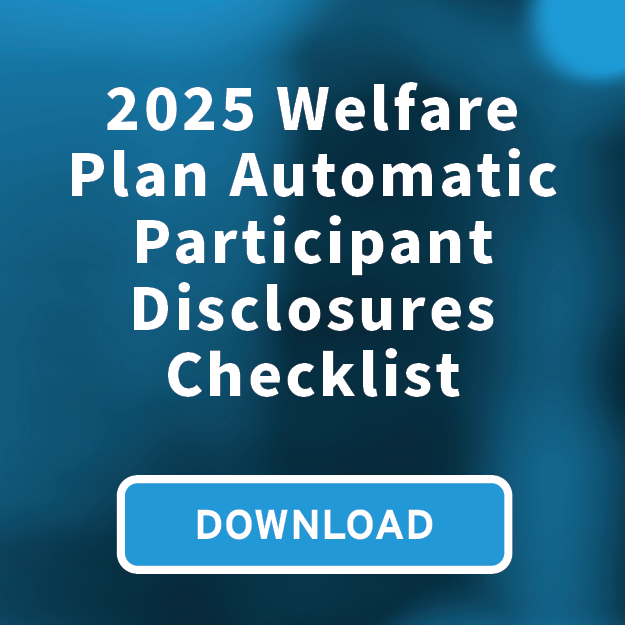On February 3, the Delaware Supreme Court issued a critical decision for private equity (PE) sponsors and institutional employers in North American Fire Ultimate Holdings LP v. Doorly. The court clarified that restrictive covenants—specifically non-competes tied to equity grants—remain enforceable even if the equity is later forfeited due to an employee’s misconduct.
Continue Reading Delaware Supreme Court Reverses Court of Chancery, Affirming that Forfeited Equity Remains Valid Consideration for Non-CompetesDelaware Chancery Court Enforces Properly Limited Non-Compete While Delaware Supreme Court Affirms Refusal to Enforce or “Blue Pencil” Overbroad Non-Competes
Over the last few years, and just last week, Delaware courts have refused to enforce, or to revise or “blue pencil” to make enforceable, a number of restrictive covenants, even in the traditionally favored sale‑of‑business context, when the covenants appear to exceed the protectable interest of the business with respect to the particular seller or senior executive that agreed to the restrictive covenants. Against that backdrop, the Court of Chancery’s December 8, 2025, ruling in Derge v. D&H United Fueling Solutions Inc. stands out: the court enforced a five‑year, multinational non‑compete against a target C-suite executive who held only a 0.73% stake and received roughly $965,000 at closing.
Continue Reading Delaware Chancery Court Enforces Properly Limited Non-Compete While Delaware Supreme Court Affirms Refusal to Enforce or “Blue Pencil” Overbroad Non-CompetesEEOC Rescinds 2024 Guidance on Harassment in the Workplace
On January 22, the Equal Employment Opportunity Commission (EEOC) voted 2–1 to rescind its 2024 Enforcement Guidance on Harassment in the Workplace, No. 915.064 (the 2024 Guidance), an almost 200‑page document that consolidated decades of agency positions and practices for preventing and correcting harassment.
Continue Reading EEOC Rescinds 2024 Guidance on Harassment in the WorkplaceReminder: Group Health Plans Should Update HIPAA Notice of Privacy Practices by February 16
Many people see the start of a new year as a time to refresh and renew themselves. For covered entities under HIPAA, which include group health plans, it’s also time to refresh and renew your HIPAA Notice of Privacy Practices (Privacy Notice) to address the changes made to the Confidentiality of Substance Use Disorder (SUD) Patient Records regulations at 42 CFR part 2 (Part 2). The deadline for updating Privacy Notices to reflect these amendments is February 16, 2026.
Continue Reading Reminder: Group Health Plans Should Update HIPAA Notice of Privacy Practices by February 16President Trump’s NLRB Gains Quorum and GC, Flurry of Activity Expected
On January 7, James Murphy and Scott Mayer, as National Labor Relations Board (NLRB or Board) members, and Crystal Carey, as the NLRB’s General Counsel (GC), were sworn into their roles following their confirmation votes in the Senate.
Continue Reading President Trump’s NLRB Gains Quorum and GC, Flurry of Activity ExpectedWhat Trump’s Deal on GLP-1 Costs Could Mean for Employers
The high cost of GLP-1 weight loss drugs has significantly affected employer prescription drug spending over the past year, leading many organizations to limit or even eliminate coverage. These unexpected costs have created challenges for employers balancing plan affordability with employee access.
Continue Reading What Trump’s Deal on GLP-1 Costs Could Mean for EmployersState Enforcement of Employee Misclassifications
I was quoted in a Law360 article addressing state attorneys general (AG) prioritizing the misclassification of employees as independent contractors.
Continue Reading State Enforcement of Employee MisclassificationsNavigating the Evolving Landscape of State PBM Laws
The legal landscape for pharmacy benefit managers (PBMs) continues to shift as states pass new laws and courts weigh in on how those laws interact with federal ERISA requirements. These developments are creating new challenges for self-funded health plans trying to stay compliant.
Continue Reading Navigating the Evolving Landscape of State PBM LawsMassachusetts Superior Court Holds Noncompete Agreements Between Parent Companies and Their Subsidiaries’ Employees Are Unenforceable
The Massachusetts Superior Court has ruled that noncompete agreements arising out of the employment relationship entered into between a parent company and a subsidiary’s employee are not enforceable because the parent company does not fall within the meaning of “employer” under the Massachusetts noncompete statute.
Continue Reading Massachusetts Superior Court Holds Noncompete Agreements Between Parent Companies and Their Subsidiaries’ Employees Are Unenforceable2025 ERISA Welfare Plan Automatic Participant Disclosures Checklist

We recognize that many companies sponsor ERISA welfare benefit plans and will soon be undergoing their open enrollment process and issuing related participant communications. To assist with that process, we have prepared an Automatic Participant Disclosures Checklist for use during open enrollment and throughout the plan year. Note that some of these disclosures may be delivered electronically under certain circumstances.
Continue Reading 2025 ERISA Welfare Plan Automatic Participant Disclosures Checklist